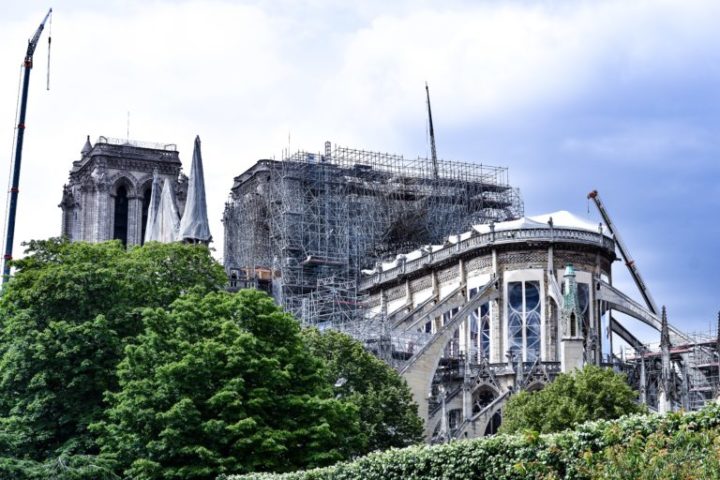The devastating damage caused by a fire in the roof of Paris’s Notre Dame Cathedral has shocked the world. ICOM and its international community of museum and heritage professionals share in the sorrow brought about by this incalculable loss to the world’s heritage in Paris, the birthplace of our organisation.
We salute the fearless intervention by the city’s firefighters, who fought courageously to limit the extent of the damage. We also commend the extraordinary work of the conservation professionals that have preserved Notre Dame de Paris over the decades and centuries of its existence.
We are heartened by the expression of solidarity from our National Committee representatives in other parts of the world, the significant donations promised by benefactors and the general public, and the pledge by the French President, Emmanuel Macron, that Notre Dame will be rebuilt within five years. This commitment and generosity is a message of hope illustrating society’s dedication to the preservation of its cultural heritage.
Nevertheless, we must reflect on the lessons to be learnt from this catastrophic event. Less than eight months ago, following the devastating fire in the National Museum of Brazil, we called on policy- and decision-makers worldwide to recognise the need to care for museums, to allocate adequate funding and to develop policies that will allow cultural institutions to carry out their role in society.
This latest disaster only further demonstrates the urgent need to make cultural property protection a global priority. Notre Dame has captured the imagination of generations of writers and artists, and has welcomed countless visitors to the world’s most visited city. If a disaster of this scale can happen to such an international treasure, what of the less iconic, but no less significant, cultural heritage sites and institutions that are under-funded and therefore unable to meet proper safety criteria?
The International Council of Museums advocates for adequate disaster preparedness and response in all cultural heritage institutions. We will continue to mobilise and train professionals together with our Disaster Risk Management Committee, but public investment and policies are essential to ensure that prevention-focused strategies can be implemented in all heritage institutions.
As always, ICOM stands ready to collaborate with governments and our partner organisations, ICOMOS, ICCROM and UNESCO, to work together relentlessly to ensure adequate protection for the world’s cultural heritage.
